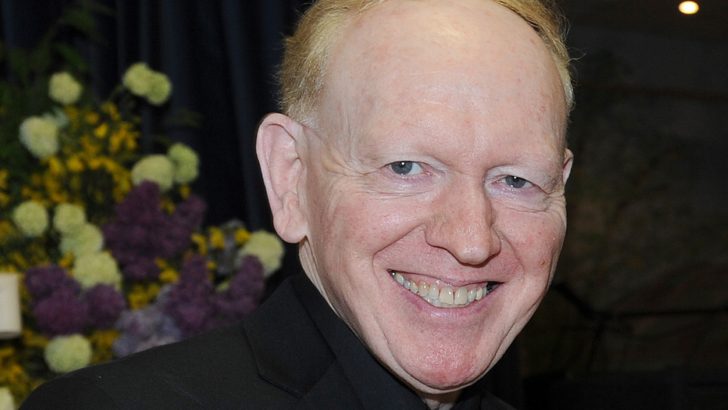“Within the Church people often feel vulnerable and feel forced to hide behind the cloak of anonymity”, writes Editor Michael Kelly
Garda Commissioner Nóirín O’Sullivan has been under pressure to answer tough questions about how the force deals with allegations of misconduct from whistleblowers within its ranks. A number of former and serving members of the Gardaí have alleged that they were bullied and harassed after expressing to superior officers concerns about allegations of misconduct against fellow officers.
There’s a certain inevitability in the story. Whistleblowers are rarely people who are welcomed and applauded, particularly in large institutions such as An Garda Síochána. The Church – as reports have shown – has suffered from the same tendency to close ranks when allegations of wrongdoing are made.
Fr Gerard McGinnity is a priest of the Archdiocese of Armagh who served on the formation staff in Maynooth in the 1980s. In 1984, he reportedly raised concerns with bishops about the college’s then vice-president, Fr Micheál Ledwith. After the concerns were dismissed, Fr McGinnity was forced to leave the college and later that year Fr Ledwith was appointed president. However, the now Msgr Ledwith left the college in suspicious circumstances just a decade later after agreeing a settlement – without liability – with a man who alleged that he had been abused by the cleric.
The Ferns Inquiry (Msgr Ledwith was a priest of the Ferns diocese) found that Fr McGinnity had been victimised and removed from his position for making allegations against Msgr Ledwith known to the hierarchy. The inquiry found that the concerns were not adequately dealt with.
Around the globe, many priests and Church employees have reported feeling victimised after they raised concerns about the conduct of fellow clerics or Church employees.
In the secular sphere, there has been an acknowledgement that the victimisation of whistleblowers is a real problem.
Confidence
In the Gardaí, there is now a so-called ‘Confidential Recipient’. The role of the confidential recipient is to be available to receive in confidence reports of corruption or malpractice within An Garda Síochána from Garda members or civilian employees. The guidelines state that any such report will be taken seriously and extensive protections will be given to the person making the claim.
The Health Service Executive (HSE) has become the latest public body to create such a role. According to the website, the “confidential recipient is an independent person appointed by the HSE to receive concerns and allegations of abuse, negligence, mistreatment or poor care practices in HSE or HSE funded residential care facilities in good faith from patients, service users, families, other concerned individuals and staff members.”
The confidential recipient is independent and has the authority to examine concerns raised to:
- Advise and assist individuals on the best course of action to take to raise matters of concern;
- Assist with the referral and examination of concerns;
- Ensure that these matters are appropriately addressed by the HSE and its funded agencies.
Such roles are aimed at restoring public confidence in institutions where allegations of corruption and mishandling have dented trust.
The Church has no such role. To be fair, in the area of child protection, there is the National Board for Safeguarding Children in the Catholic Church (NBSCCC) which has been vital in ensuring that people know there is an independent body that monitors the Church’s adherence to strict guidelines around the rights of children and vulnerable adults.
But, what about concerns that do not relate to safeguarding? What about allegations of financial mismanagement or bullying?
Maynooth has been in the spotlight in recent weeks after an anonymous whistleblower reported concerns about inappropriate behaviour to the bishops’ conference. Normally, such an anonymous communication would be treated with contempt. But, within the Church people often feel vulnerable and feel forced to hide behind the cloak of anonymity.
It’s a sad state of affairs that means that thought should be given to the creation of some kind of whistleblower mechanism within the Church here. That way there would be no need for anonymous allegations, and such missives could be treated with contempt given that genuine whistleblowers would have the protection they deserve.


 Michael Kelly
Michael Kelly Fr Gerard McGinnity. Photo credit: Irish Independent
Fr Gerard McGinnity. Photo credit: Irish Independent